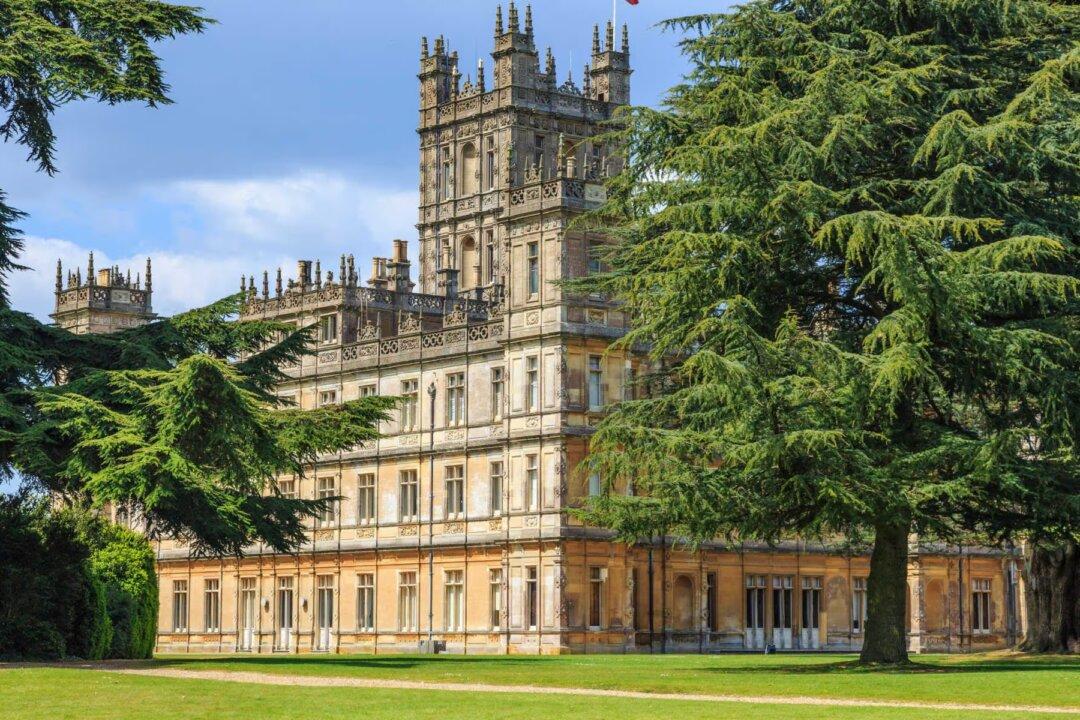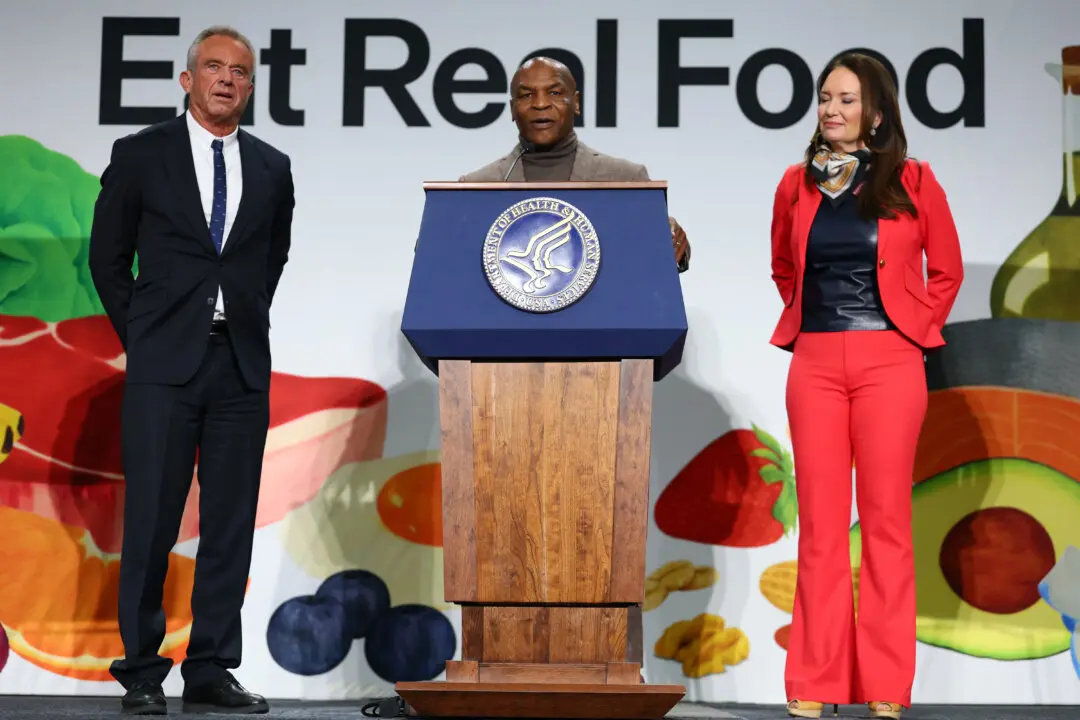Commentary
For much of “Downton Abbey,” viewers are treated with glorious eye candy of British aristocratic life in a mighty estate, robust at first but fading as the seasons progress. What we are not given is a rationale behind the whole cultural structure of the house and the social order surrounding it. This is particularly important for American audiences who know none of this from modern experience.





